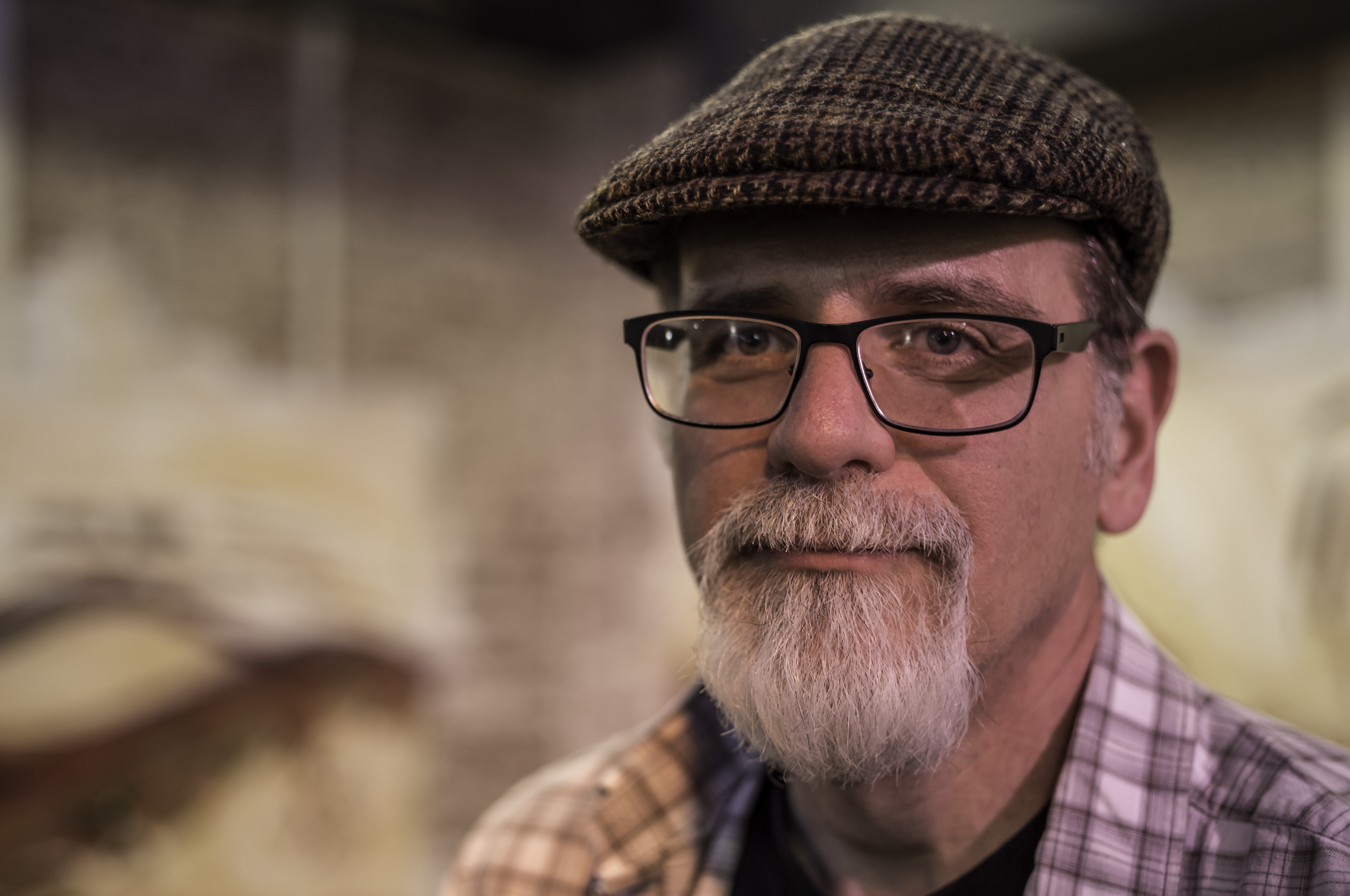Technology is making the world too small
I considered reviewing The Circle this week, but the early reviews have been so scathing that I couldn’t bring myself to go to the theater. If a movie can’t convince 20 percent of the reviewers on a review site to approve of the film, you know it is not worth your hard-earned money. (Wait a minute—doesn’t this contradict what I will say later?) The film’s paranoid take on the Net cowers under the multiple screens and the surveilling cameras.
We pay much less attention to the people we are with, as the device requires at least peripheral attention at all times.
Watching a student presentation last week about an extended international experience, I was impressed with the student’s learning, only to come back to reality as I watched the slide show of images from the trip at the end of the presentation. The images consisted of several scenes repeated over and over with just a slight change of cast or location: a student with a host family; students standing in front of a cultural/historical location that I often didn’t notice as the students did the traditional mug for the camera. To be fair, there were several images devoid of student faces offering images of this interesting place.
The vision of the Internet and social media has been that it will eliminate national barriers, allowing access to an unimaginable breadth of information, people, and ideas from all over the world. I will not suggest that this does not happen, but I think there are several ways that technology is making the world too small.
- The smartphone allows us to be always connected, from the moment we wake up until the moment we wake up. (And yes, even while we sleep.) I regularly observe people walking and eating without ever taking their eyes off the device or pausing the conversation they are having with the wire on their headphones (which supposedly is connected to a human they know). This means that experiencing the current location is totally optional.
- We pay much less attention to the people we are with, as the device requires at least peripheral attention at all times. If it sits on the table at a restaurant, research reports that it makes conversation much less focused. We can’t keep from looking to see if something has come in.
- I don’t have to pay attention to those I am with because I can always be connected to someone else with whom I am comfortable. When I travel internationally I do not need to adjust to new people, because I can always stay connected to my home.
- While multiple viewpoints on developing news are available, search engines and social media are designed to protect me from ideas with which I disagree. Under the guise of helping me sort through the massive amount of material available, it actually encourages me to become more narrow and insular. This petri dish of personalized bacteria makes me susceptible to fake news—because the search has already delegitimized many of the alternative sources.
- The power of the programs creates your own private channel of information and entertainment, designed just for you and fed to you around the clock, while removing the unplanned and the boredom. I must admit that when I travel, it is the unexpected and the uncomfortable that have created many important memories in the narrative of my life. The people I have met have created the rich tapestry of who I am.
- Most of the search algorithms create an atmosphere of comfort so they can encourage me to consume products from their advertisers. The device becomes my personal shopping assistant that can convince me of what I really “need” and connect me to a seller with almost no effort.
- Review sites tell us everything we need to know about any given product—although I am surprised by how many of them seem to be a self-feeding cycle of the same reviews from other sites.
- The most important images on our device become those of ourselves, because after all, when you reduce the world far enough, our individual selves are the most important thing left.
I think the most amazing “devices” we have are our eyes and ears, creative minds to go beyond boredom, and hearts to connect passionately with the people and places around us.
All reviews express the opinions of the reviewer, not necessarily the views of Third Way.




